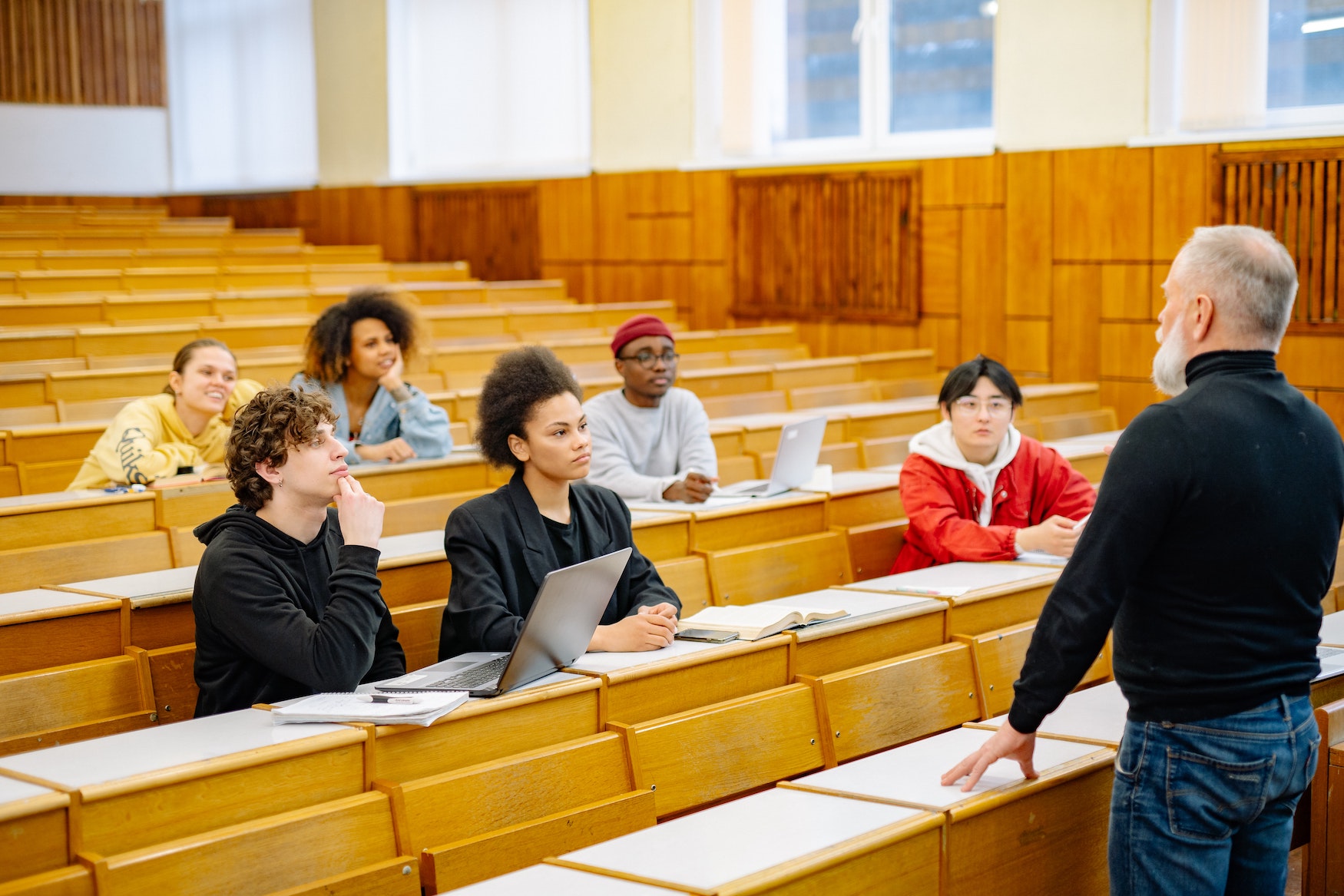
Preparing your Students for the Modern Marketing World: A Simulation Approach
More educational bodies are gravitating towards non-linear education experiences such as simulation-based training and gamification – why?
1. Better learning experience; providing a risk-free environment for the practical application of theory enhances the student journey. Students get a more immersive and engaging learning experience, in addition to being equipped with critical thinking, problem solving and leadership skills necessary to boost their employability rate.
2. Advancements in technology has rendered simulation based learning as increasingly assessable and cost-effective. The overall user experience has evolved, with AI and machine learning capabilities providing enhanced personalised learning encounters.
A journey into real-world scenarios
Simulation-based learning offers a solution to bridging the gap between theory and practice.
Picture this: As a Lecturer, you task a group of digital marketing students, armed with theoretical knowledge, with devising and implementing a marketing strategy for a fictional product. The class is divided into teams, and each team is required to create comprehensive digital marketing strategy, taking into account factors like market conditions, audience segmentation, budget constraints, channel selection, landing pages, and product marketing etc.
As the teams progress through the simulation, they encounter unexpected campaign challenges and opportunities, forcing them to reassess their strategies and pivot accordingly both as individuals and as a team. Students experiment with various marketing approaches, make informed decisions, and witness the varying campaign outputs from their actions in a practical and safe environment.
Not only does it provide for a better learning experience, Universities & Schools are seeing boosts in both student satisfaction and employability rates. Students are drawing on their simulation experiences during the interview rounds and practically demonstrating their new formed ability to think analytically and make data-driven decisions for their new firms.
How simulation-based learning is enhancing higher-education?
- Experiential Learning: Enable students to learn by doing rather than just observing. This hands-on approach instils a deeper understanding of digital marketing principles and enhances critical thinking and decision making skills.
- Realistic Decision-Making: Students face scenarios that mirror real-life challenges. This encourages them to think on their feet, make strategic decisions, and witness the direct impact of their choices.
- Risk-Free Environment: Students are free to experiment, fail, and learn from their mistakes without jeopardising real-life campaigns for clients.
- Collaborative Learning: Working in teams encourages collaboration, communication, and teamwork—the very skills they’ll need in their marketing careers.
- Immediate Feedback: Students get instant feedback, allowing them to analyse their performance, identify areas of improvement, and refine their marketing strategies.
- Controlled Assessment Method: Simulations can provide effective assessment models for Lecturers, with many deciding to allocate a percentage of the overall course assessment to the simulation.
SimzoLearn: Empowering Future Marketers
Simulation-based training plays a pivotal role in shaping the marketing leaders of tomorrow. As they enter the real marketing world, they do so with confidence, prepared to take on the dynamic challenges that lie ahead.
Register for a free digital marketing simulation demo and see why Universities, Schools and Learning Providers globally trust our simulation solutions.

